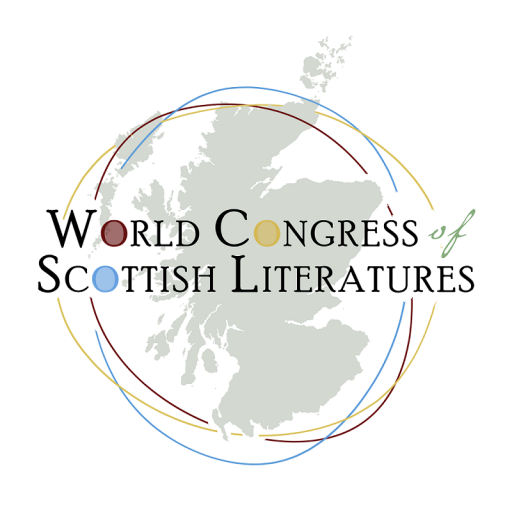“Leapfrogging Unionist Scotland: Insights from the Seventeenth Century”
Instating MacDiarmid and Walter Scott as guiding spirits, the lecture will discuss how the 17th century became a “no-go area” in the progressive emergence of Scottish literature as a focus for academic study. Calvinism as a core marker of “Scottish identity” will be characterised as functional to the Union with England and the participation of Scotland’s mercantile class in the broader imperial enterprise. Now that the Union is increasingly in crisis, the time has come to open up alternative, supplementary perspectives, an undertaking with which literature of the 17th century can offer considerable help. The need for an end to linguistic laziness, for progressively marginalising monoglot English language approaches to texts and cultural artefacts, will be urged. A possible module for teaching to final year students will be outlined, due coverage being offered to Gaelic poetry, given that one fifth of the population spoke the language at the time. The Confessions of Isobel Gowdie will be assigned a central role and, after considering Robert Kirk’s The Secret Commonwealth as an eloquent intersection of cultural and ideological differences, a closing session would be dedicated to Walter Scott’s near-obsession with the 17th century, a stage at which everything was still “up for grabs”.
